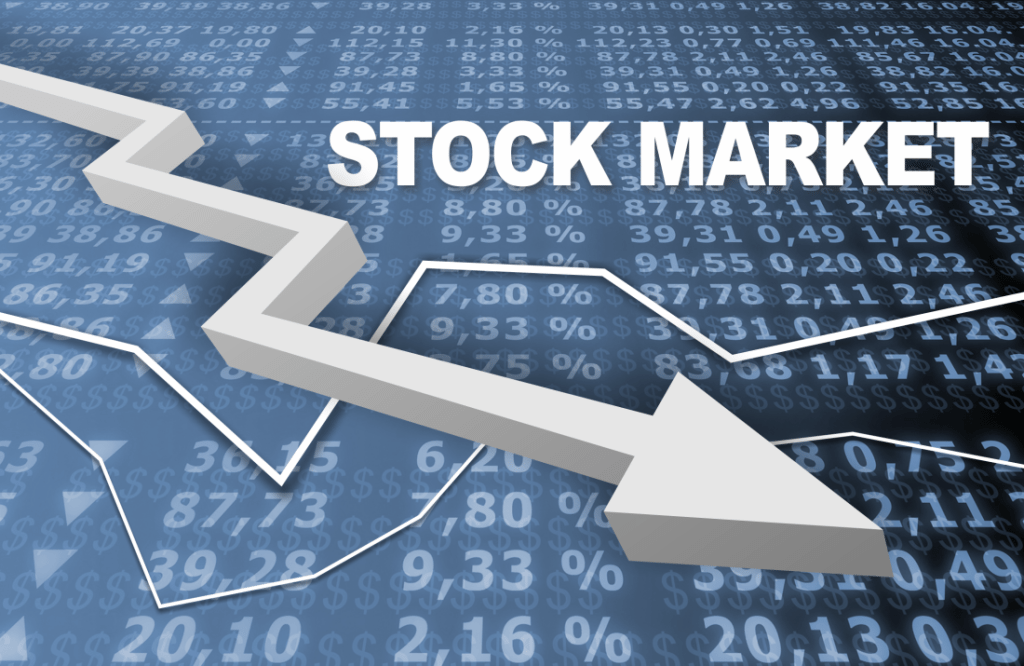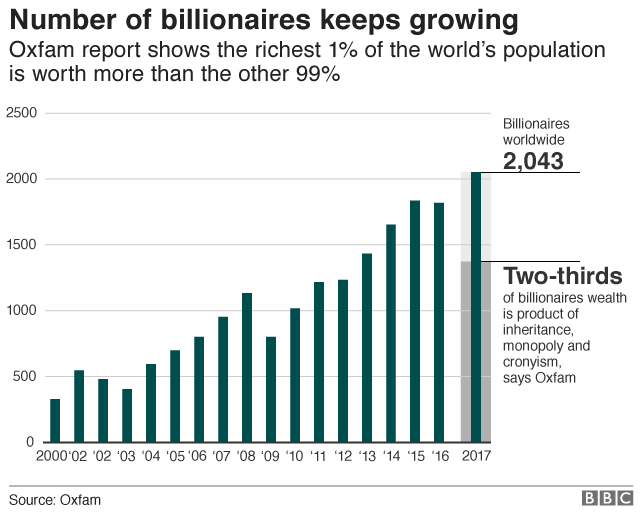
Business, finance, economy, politics and human angle
In a chat with Nigerians from all walks of life on Sunday evening during the stopover, the Vice President noted that the Federal Government was moving as quickly as it could to solve the fuel crisis and reduce the difficulties Nigerians were facing as a result.
The Economic and Financial Crimes Commission (EFCC) has narrated how top government officials under the administration of former president Goodluck Jonathan shared 27 billion, part of the proceeds of the sale of Power Holding Company of Nigeria (PHCN) in 2014.
Four out of every ten people in Nigeria's workforce were unemployed or underemployed by the end of September, National Bureau of Statistics (NBS) said on Friday.
What is the status of Jerusalem? Israel set up its parliament in West Jerusalem when the state of Israel was proclaimed in 1948. The move followed the United Nations’ vote to partition Palestine on the basis of the British pledge known as the Balfour Declaration that paved the way for a homeland for the Jewish people.
Nigeria’s foreign exchange reserves stood at $34.53 billion as of Nov. 24, up nearly 3 percent from a month earlier, central bank data showed on Thursday. The bank did not provide a reason for the increase in reserves, which stood at $33.58 billion at the same date last month.






















